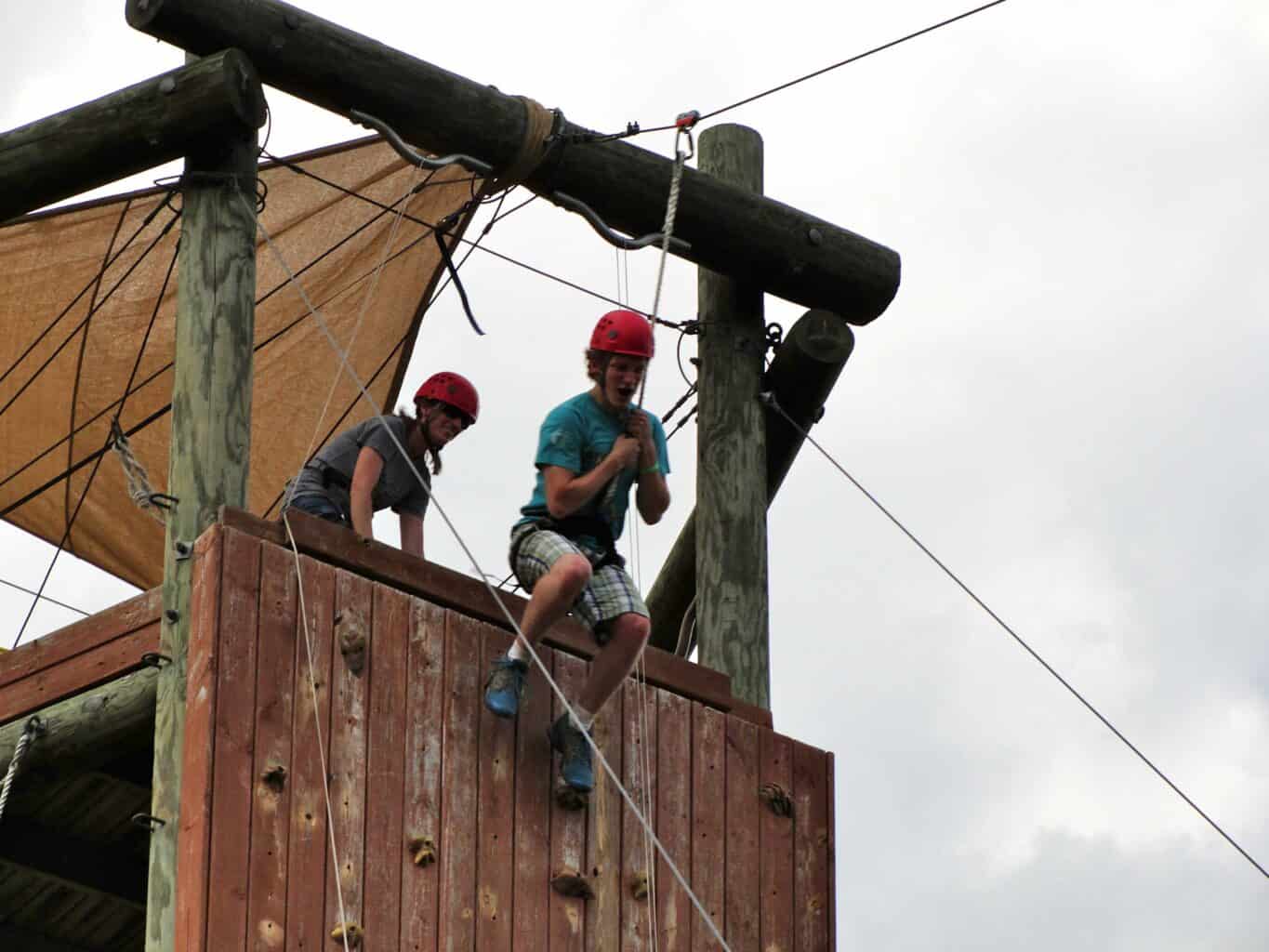There’s an epidemic spreading among us. It’s not a virus, although it can be contagious. And it’s not a drug, although it is addicting. We carry it around with us everywhere we go. If we leave it at home, we’ll turn the car around and go back for it. If we lose it, we spend panicky moments turning the house upside down until we find it. It’s our phones. Each of us is probably aware of how much time we spend staring at the screens of our cell phones, and if we are honest, each of us would like to use it less.
Most adults can remember a time before the cell phone was their constant companion. We can reminisce about pay phones, about walking around the mall with our middle school friends drinking Icees and escaping boredom on a weekend afternoon. Maybe we can recall running fingers down the list of names in a phone book looking for the number we needed or watching the scrolling text at the bottom of the screen on the news, waiting to find out if school was cancelled. We might have spent hours chatting with friends on corded telephones attached to the wall in our kitchen. We walked to our friend’s houses to see if they were free to come play instead of sending a text or message. The cell phone has changed a lot of life, and many of those changes are good.
The truth is, though, there are some dangers that come with the rise of the smart phone. It is a tool to help us manage appointments and contacts, store and take photos, order food, watch shows, and stay connected via social media. However, when it becomes something you can’t put down, can’t put away, can’t do life without, then we’ve started to cross into dangerous territory. If you can’t put the phone down, the phone owns you.
More and more kids are struggling with these things as the rise of smart phone use even among our young people is growing. Instead of walking the mall on a Saturday or hosting sleep overs, kids are sitting in their rooms chatting on their phones. Even as it allows us to connect with more and more people, it can also serve to make us feel more isolated and more alone. As we approach a mental health crisis in our young people, as we see anxiety and depression and suicide rates skyrocket, we need to think critically and carefully about how we as adults and parents help them navigate the addicting little device in their pockets. How do we teach them to be responsible and safe with their phones? How do we ensure it doesn’t begin to own them?
Setting limits can be a great place to start. The addicting nature of phones means that kids probably aren’t able to maturely regulate their usage on their own. Without help, they can easily fall int the trap of using the phone like a pacifier, pulling it out and mindlessly scrolling whenever there is a free or dull moment. They might find its attraction is too great to resist, using their phone instead of meeting people in person, doing homework, or participating in clubs or sports. Setting limits for screen or app use can help them seek other avenues to fill their time.
It is well documented that our phones can keep us awake, so putting them away an hour or two before bedtime can help our brains to wind down and prevent the potential for addictive scrolling in order to fall asleep. Monitoring conversations and social media use, setting profiles to private to prevent strangers from accessing kid’s information, and dedicating spaces in our lives for personal engagement (like the dinner table or family outings) can also help make sure kids are safe and present in the moment.
At Camp Wyoming, we ask kids to leave all their phones and devices at home for an entire week. This can be daunting, especially for kids who have developed dependencies on these things. It is hard for parents too, who are used to being able to get ahold of their child at any time during the day. However, the kids (and even the staff) at camp often find that after a few days, there is a freedom that can be found when the phone is put away. There is no seeking of an Instagram-worthy moment or messaging conversation pulling at our attention. There is only the present moment and the people we are with. Instead of being owned by a device, we are free to explore, laugh, converse, share, and live in a way that sometimes we have forgotten. While giving up the phone is often a part of camp that kids dread, by the end of the week, it is usually something they express deep appreciation for.
These are new challenges for parents to navigate, and they are not easy. What ways have you found to loose the hold of the phone for your kids or yourself?

